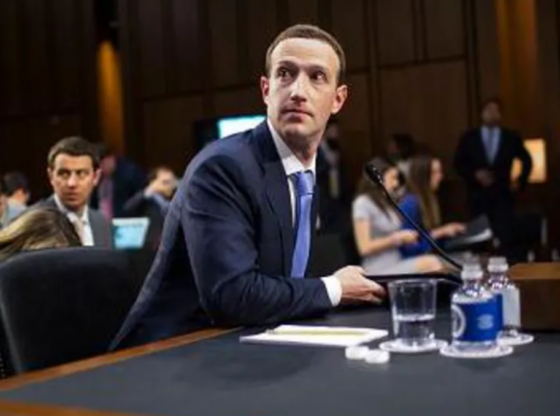These ubiquitous applications found on every Indian’s smartphone, facilitating taxi rides, food deliveries, and even romantic encounters, appear mundane to billions worldwide. However, in India, they serve as potential conduits divulging a treasure trove of personal information to politicians, whether consented to or not.
Political strategist Rutwik Joshi, collaborating with numerous undisclosed lawmakers for their re-election endeavors, reveals a startling reality: individuals’ religious affiliations, linguistic backgrounds, and even the nuances of their social media interactions have become valuable data points for politicians. Joshi asserts that India’s widespread smartphone usage coupled with lenient data regulations has empowered political parties with comprehensive insights, down to the minutiae of individuals’ daily lives, such as their dietary choices.
The crucial question arises: why does this information matter?
According to Joshi, this wealth of data holds the power to predict voting patterns with remarkable accuracy—an assertion supported by historical evidence. However, the broader concern looms: why should citizens be wary of this phenomenon?
The practice of microtargeting, defined by Privacy International as the precise customization of information and advertisements based on personal data, is not a novel concept in electoral campaigns. However, it garnered widespread attention following Donald Trump’s 2016 electoral triumph, attributed in part to the alleged involvement of Cambridge Analytica. This consultancy firm purportedly utilized data procured from Facebook to craft tailored content promoting Trump’s candidacy. Despite Cambridge Analytica’s denial of these allegations, the aftermath of the controversy prompted Meta, Facebook’s parent company, to settle a class-action lawsuit for $725 million in 2022, stemming from a data breach associated with the firm.
In the battleground of Indian politics, where smartphones are ubiquitous and data privacy regulations remain lax, the implications of such practices on electoral integrity and individual privacy warrant closer scrutiny.”
